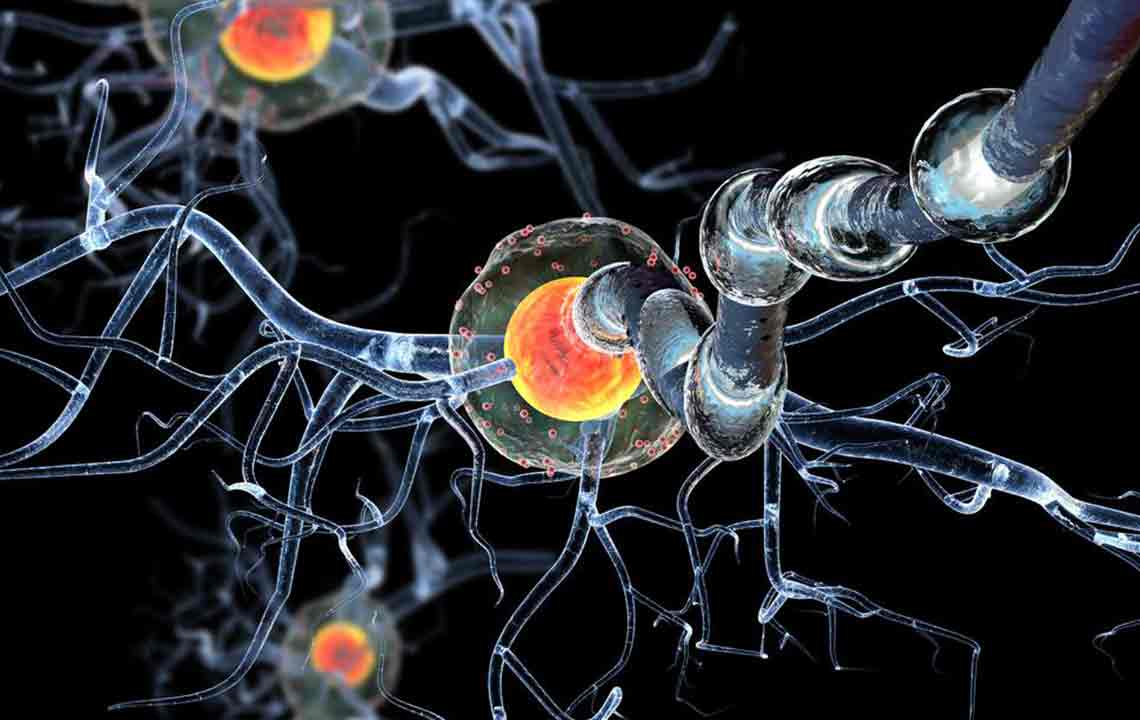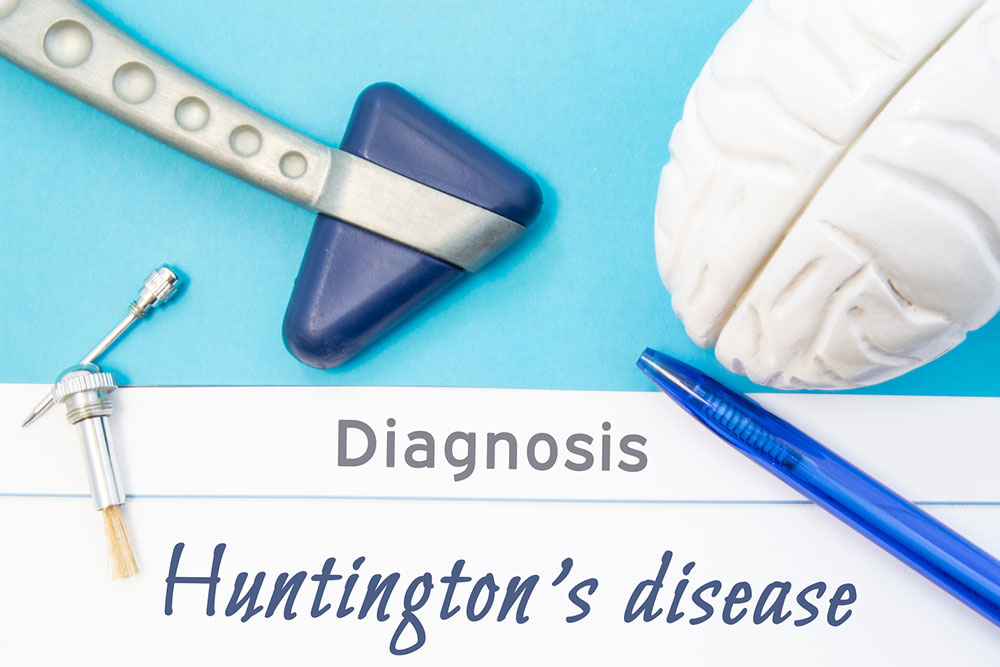Comprehensive Guide to Understanding Huntington's Disease: Myths, Facts, and Key Insights
Huntington's disease is a hereditary neurodegenerative disorder with no current cure, characterized by motor, cognitive, and behavioral symptoms. This comprehensive guide dispels common myths, explains its genetic inheritance, and emphasizes the importance of early diagnosis and symptom management. Understanding the facts about HD can help reduce stigma, improve care, and provide support for affected families.

Deep Dive into Huntington's Disease: Dispelling Myths and Highlighting Facts
Understanding Huntington's Disease: An In-Depth Overview
Huntington's disease (HD) is a complex, hereditary neurodegenerative disorder that progressively damages brain cells, particularly within the basal ganglia—an area essential for movement regulation, cognition, and behavior. This genetic disorder is characterized by the gradual decline of motor control, cognitive abilities, and emotional stability. Despite extensive research efforts, HD remains incurable, making early diagnosis, symptom management, and ongoing support crucial components of patient care. The disease's rarity influences public awareness, with approximately 1 in 10,000 Americans affected. Typically manifesting in mid-adulthood, the symptoms of HD can vary widely among individuals, making personalized treatment plans necessary for effective management.
Despite its serious implications, many misconceptions surround Huntington's disease. Clarifying these myths is essential for fostering awareness, reducing stigma, and promoting better care for those affected. Contrary to some beliefs, both men and women face equal risks of inheriting the condition. Symptoms do not only emerge with age but can appear at various stages of life, sometimes even in early adulthood. Huntington's disease is inherited in an autosomal dominant pattern, meaning each child of an affected parent has a 50% chance of inheriting the gene mutation. This genetic inheritance pattern emphasizes the importance of genetic counseling and testing for at-risk families.
It is important to recognize that while HD is inherited, it does not typically skip generations, and the notion that it affects only certain genders or age groups is false. The disease impacts motor functions, leading to involuntary movements such as chorea, as well as cognitive decline affecting memory, reasoning, and decision-making. Emotional and psychiatric symptoms, including depression, irritability, and mood swings, are also prevalent. Unlike neurodegenerative conditions such as Alzheimer's, which primarily impair memory, Huntington's affects the motor and cognitive domains distinctly. Current treatment options focus on alleviating symptoms, maintaining quality of life, and providing supportive therapies like physical, occupational, and speech therapy. Advances in genetics and neuroscience continue to fuel hopes for future cures, but early diagnosis remains vital for effective management. Support systems and community awareness can significantly improve outcomes and reduce the stigma associated with Huntington's disease. Recognizing early warning signs—such as subtle movements, changes in behavior, or cognitive difficulties—and seeking prompt medical advice can help in establishing an accurate diagnosis, which is crucial for planning appropriate interventions.





